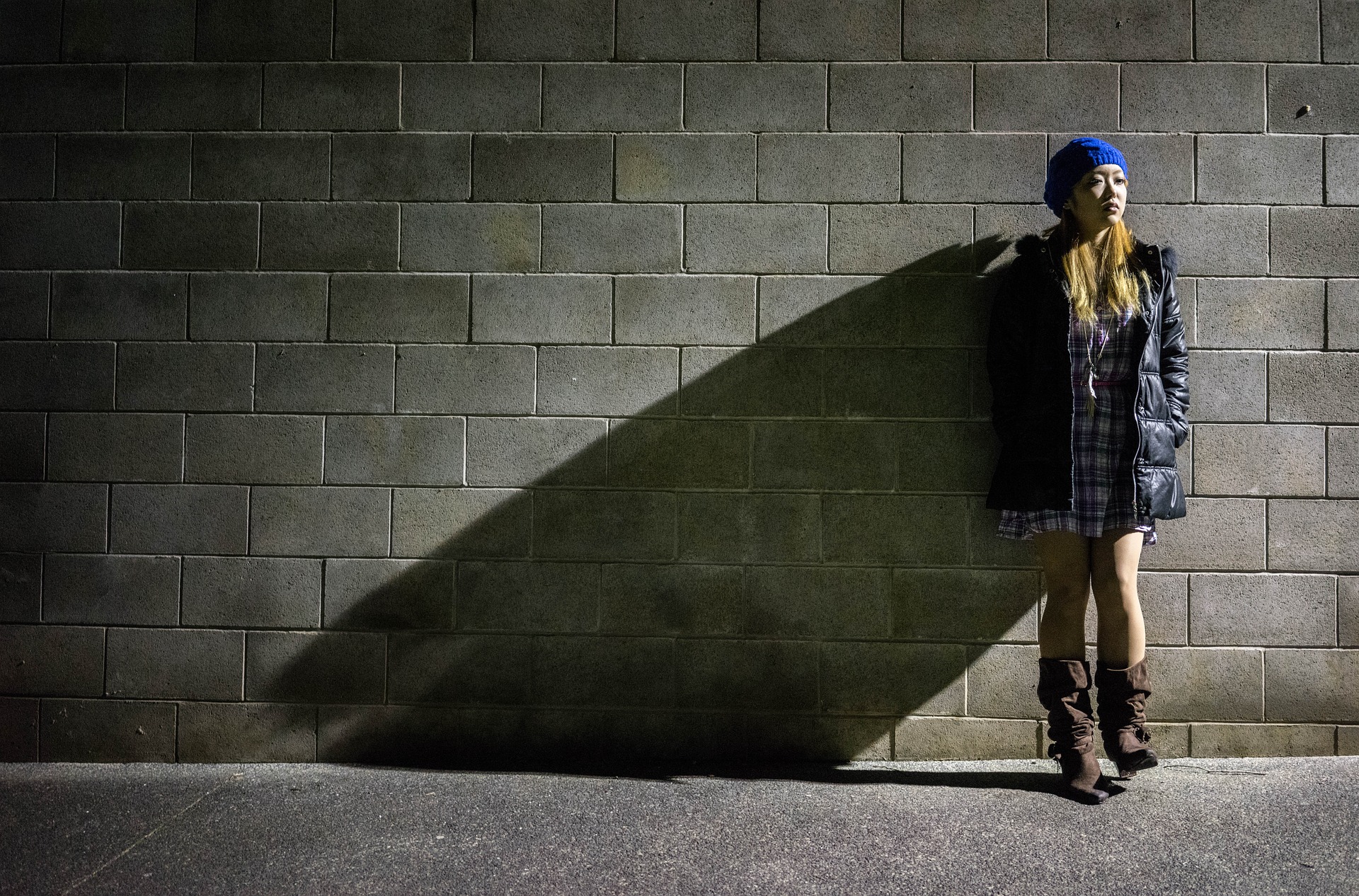From Heroin, to Methadone to Suboxone: Now What?
As one of the most lethal drugs on the market, heroin’s effects wreak considerable damage on the brain and body, especially in cases of chronic or long-term drug use. This degree of damage accounts for why its so hard to overcome the effects of heroin addiction.
In the most severe of cases, it’s not uncommon for a person to go through multiple rounds of drug treatment and still struggle with an addiction problem. Methadone and Suboxone treatments both provide an added layer of treatment support, but for some people that’s not enough.
When methadone and Suboxone treatments fail, it’s time to look for other underlying problems that may be hampering your recovery efforts.
For information on opiate addiction treatment options, call our toll-free helpline at 800-678-5931(Paid Advertiser) .
Methadone and Suboxone Effects

Psychological disorders can result from heroin abuse, and must be addressed in order to prevent relapse.
After months or years of heroin abuse, the brain’s cells and overall chemical system have undergone considerable damage along the way. These changes account for why you continue to experience drug cravings and withdrawal symptoms after stopping drug use.
According to the Substance Abuse & Mental Health Services Administration, methadone and Suboxone are both formulated to support damaged brain chemical processes and provide relief from uncomfortable aftereffects. Unfortunately, methadone and Suboxone only treat the damage done to the brain’s processes.
When other areas of the body have taken on damage during the course of heroin addiction, other underlying problems can still make it difficult to abstain from drug use for any length of time.
Unaddressed Treatment Needs
Over time, heroin’s damaging effects can disrupt essential systems in the body in harmful ways. While, methadone and Suboxone are both effective treatment approaches, underlying problems can still leave you vulnerable to relapse and continued heroin abuse.
The most common underlying conditions that result from chronic heroin abuse include psychological disorders and chronic medical conditions.
Psychological Disorder
Chronic heroin abuse leaves behind rampant chemical imbalances in the brain. These imbalances create prime breeding grounds for psychological disorders, such as depression and anxiety to develop.
According to the Journal of Addiction Science & Clinical Practice, the combined effects of addiction and psychological disorder greatly increases the severity of an addiction problem. If you’re struggling with deep-seated feelings of depression or anxiety, getting needed treatment for these conditions is critical to your success in recovery.
Chronic Medical Conditions
Heroin’s ability to disrupt brain functioning can have debilitating effects on its ability to maintain the body’s systems as normal. Over time, these effects can cause chronic medical conditions, such as diabetes, heart disease and hypertension to develop.
Under these conditions, methadone and Suboxone treatments lose their effectiveness due to the body’s weakened state. For these reasons, getting needed treatment for a chronic medical condition can greatly increase your progress in recovery.
Treatment Considerations
If you’re struggling with a psychological disorder and/or a chronic medical condition, it may be time to consider getting inpatient treatment care. Inpatient programs specialize in treating the most severe forms of heroin addiction in terms of addressing any psychological or medical conditions that result from drug abuse.
At this stage, ensuring that you get the level of care that best addresses your treatment needs offers you the very best chance of overcoming heroin addiction once and for all.
Please feel free to call our helpline at 800-678-5931(Paid Advertiser) to speak with one of our addiction specialists about heroin addiction treatment options.
